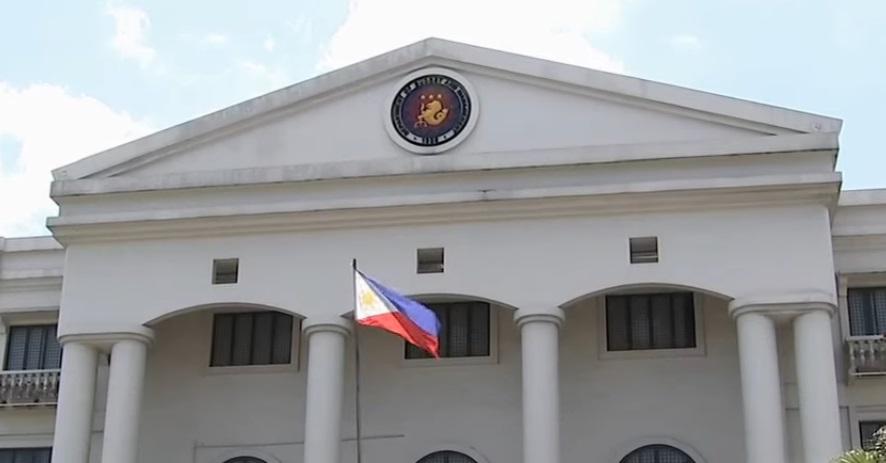# A Comprehensive Look at the P800 Billion Funding for Medical Care and Health Assistance for Marginalized Filipinos in the Proposed P5.768 Trillion
Key Highlights :

The Department of Budget and Management (DBM) has allocated over P800 billion to fund programs for medical care and health assistance to marginalized Filipinos under the proposed P5.768-trillion national budget for 2024. This amount will be utilized to provide subsidies for the health insurance needs of the underprivileged, medical assistance to indigent and financially-incapacitated patients, and support for the prevention and control of non-communicable diseases.
The DBM allocated P101.5 billion for the National Health Insurance Program of the Philippine Health Insurance Corp. (PhilHealth). This amount will fund the subsidies for the health insurance needs of the following:
• Indigent members
• Senior citizens
• Persons with disabilities
• Overseas Filipino workers
• Informal sector workers
The DBM also earmarked P22.3 billion for medical assistance to 1.31 million indigent and financially-incapacitated patients. This amount will be used to purchase cancer medicines such as Trastuzumab 600 mg/5ml, Docetaxel 40 mg/mL, Paclitaxel 6 mg/mL, etc., and mental health medications including Sodium Valproate 250 mg, Paliperidone Palmitate 100 mg, Haloperidol 5 mg/mL, etc.
In addition, P1.707 billion will be allocated for the Prevention and Control of Non-Communicable Diseases. This amount will be broken down as follows:
• P1 billion for the Cancer Assistance Fund
• P8.3 billion for Family Health and Responsible Parenthood programs
• P20 billion for the health emergency allowance and COVID-19 compensation package
• P2.8 billion for the Philippine Multi-Sectoral Nutrition Project
• P11.7 billion for the School-Based Feeding Program
• P4.1 billion for the Supplementary Feeding Program
• P1.9 billion for the Food Strategic Transfer and Alternative Measures Program (STAMP)
The Cancer Assistance Fund, which is higher by P500 million compared to the 2023 General Appropriations Act due to the increasing number of enrolled cancer patients nationwide, will serve 6,666 patients enrolled in 31 cancer access sites to augment financial support for cancer diagnostics and laboratories not covered by PhilHealth, at an average cost of P150,000 per patient.
Meanwhile, the Family Health and Responsible Parenthood programs will consist of Immunization (P7.1 billion), Family Planning and Reproductive Health (P750 million), Oral Health (P212 million), and Nutrition (P176 million).
The DBM has also set aside P18 billion for the National Health Workforce Support System “for health workers in remote, depressed areas.” This amount will provide support for health workers in providing medical care and assistance to the marginalized.
In support for health workers, the DBM has allocated P20 billion for the health emergency allowance and COVID-19 compensation package for both eligible healthcare and non-healthcare workers.
The Philippine Multi-Sectoral Nutrition Project, a collaboration between the Department of Health and the Department of Social Welfare and Development, will receive P2.8 billion. This project will consist of a comprehensive package of nutrition interventions to reduce stunting in 235 municipalities.
The School-Based Feeding Program will be given P11.7 billion to provide hot meals and other food products for 220 days, and milk for 55 days, to malnourished students from Kinder to Grade 6. The Supplementary Feeding Program, on the other hand, will receive P4.1 billion to provide supplementary hot meals to two million children enrolled in LGU-managed child development centers and supervised neighborhood play groups.
For the Food Strategic Transfer and Alternative Measures Program (STAMP), the DBM has set aside P1.9 billion for its pilot run and implementation. The project aims to mitigate hunger and nutrition among financially challenged families with the provision of digital cards to buy food for 50,000 of the most food-poor households.
The Department of Budget and Management is optimistic that the P800 billion allocated for medical care and health assistance for marginalized Filipinos will be utilized efficiently and effectively to ensure the essential nourishment of children in their critical, early years, provide free healthcare to the public, and mitigate hunger and nutrition among financially challenged families. As Budget Secretary Amenah Pangandaman said, “Let me remind everyone that every peso in the P5.768 trillion FY 2024 national budget was optimized so we can remain on track with our Agenda for Prosperity. It is the administration's fervent hope that this budget will continue to lay the groundwork for future-proofing the economy and making the country's growth inclusive and sustainable, not just for the Filipinos today, but also the future generations.”
